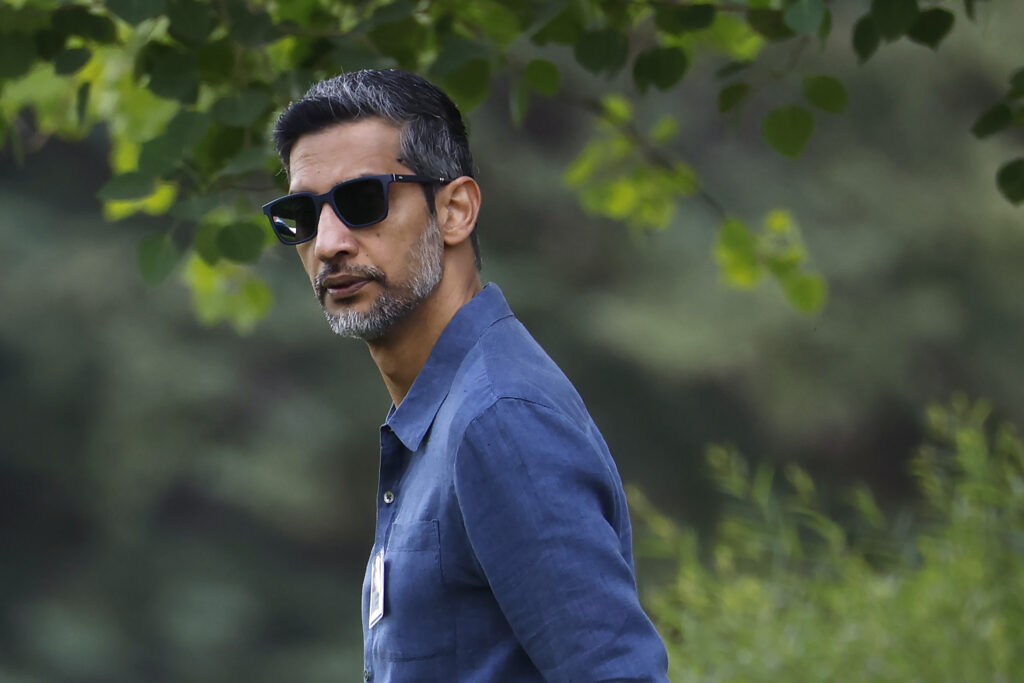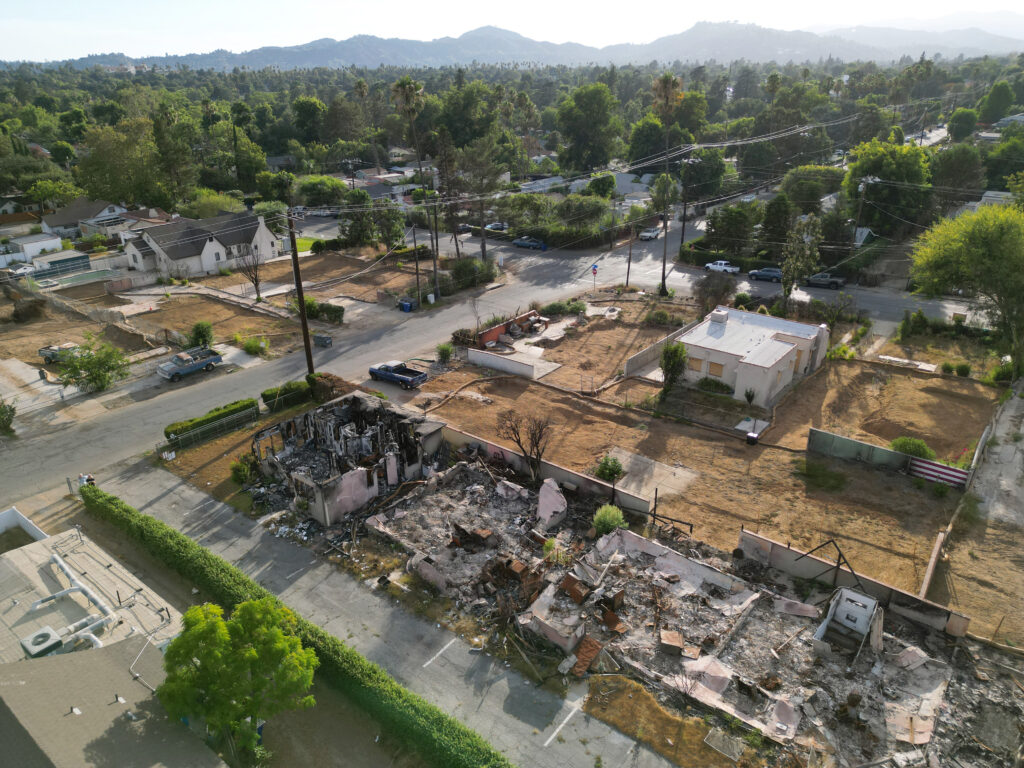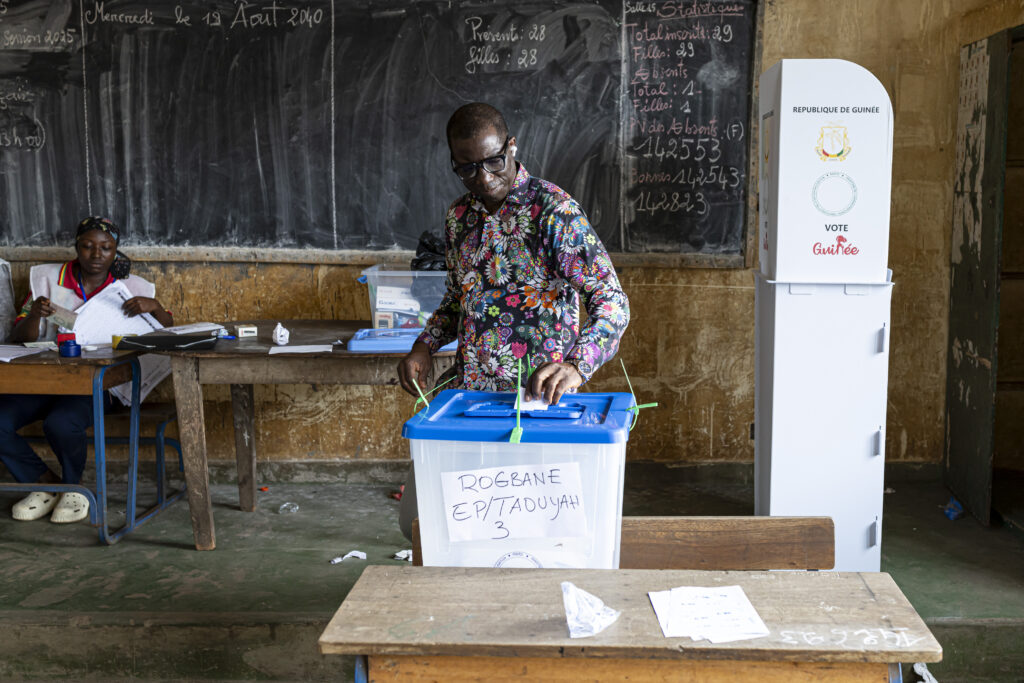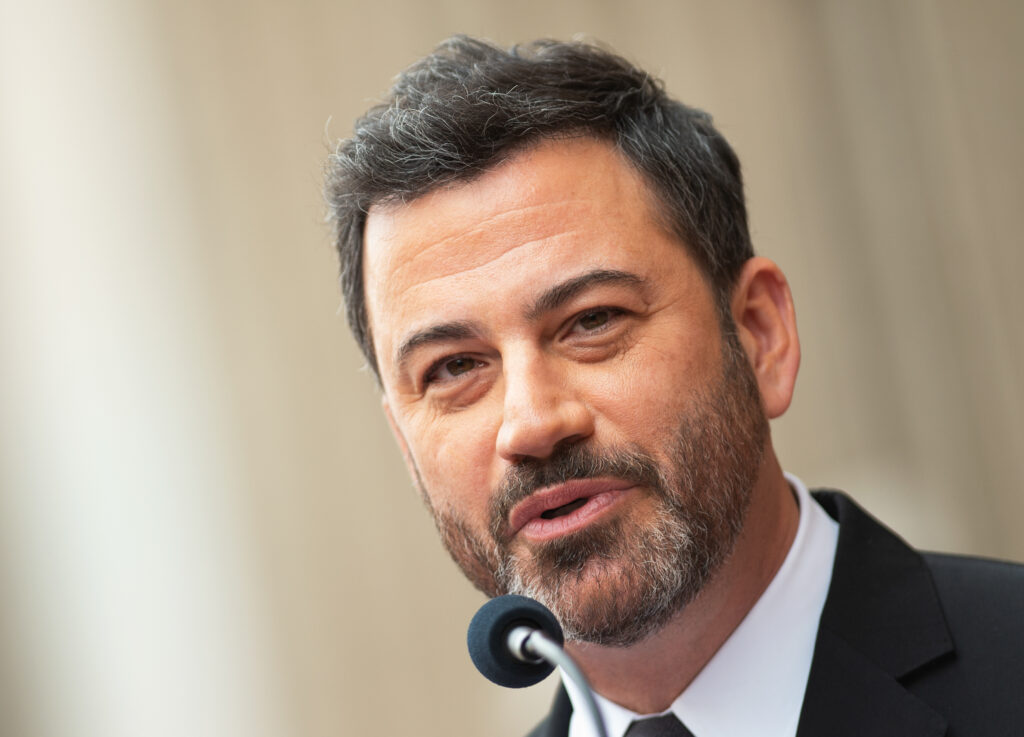Climat: le monde répond à Trump à New York, la Chine en tête
118 pays mais pas les Etats-Unis: de nombreux dirigeants défendront mercredi lors d’un mini-sommet à New York la poursuite de la lutte contre le dérèglement du climat, fustigée par Donald Trump, même si beaucoup continuent à produire plus de pétrole ou se focalisent sur d’autres crises.”C’est la plus grande arnaque jamais menée contre le monde”, a déclaré le président américain mardi à l’ONU. Les prévisions climatiques viennent de “gens stupides qui ont fait dépenser des fortunes à leurs pays”.Mercredi, le Premier ministre chinois Li Qiang sera le premier dirigeant à la tribune pour offrir un contrepoint. Son pays, dont les usines, les centrales, les véhicules et autres activités rejettent 30% des gaz à effet de serre de l’humanité, est attendu sur un chiffre crucial: son engagement de réduction des émissions d’ici 2035.Jamais la Chine ne s’est engagée à ce jour à réduire ses émissions de CO2. Elle promettait jusqu’à présent d’atteindre un pic avant 2030, ce qu’elle semble en voie de réaliser avec cinq ans d’avance grâce à l’essor formidable du solaire et des voitures électriques. La plupart des pays riches ont passé leur pic depuis des décennies mais n’ont pas de plan crédible pour aller jusqu’à zéro dans 25 ans.”Tous les regards sont tournés vers la Chine”, dit à l’AFP Li Shuo, expert au centre de réflexion Asia Society, bien renseigné à Pékin.Lui s’attend à un objectif de réduction conservateur, autour voire en dessous de -10% sur les dix prochaines années, inspiré de ce qu’Américains et Européens ont réussi à leur époque. Une trajectoire qui décevra par rapport à l’effort général requis, mais aura le mérite de démontrer l’attachement de Pékin au multilatéralisme climatique.Li Shuo préfère se focaliser sur un fait plus majeur: “La Chine est désormais la superpuissance des technologies vertes”.- COP30 difficile -Le secrétaire général Antonio Guterres n’a convié à ce sommet que les pays prêts à présenter un nouvel engagement pour 2035. C’est une obligation de l’accord de Paris de 2015: les pays membres, soit la quasi-totalité de la planète sauf une poignée dont l’Iran, la Libye et bientôt les Etats-Unis, fixent librement leurs objectifs mais doivent les rehausser tous les cinq ans. Mais pour beaucoup, les engagements s’annoncent insuffisants. Et la plupart ont du retard, le plus spectaculaire étant celui de l’Union européenne, où France et Allemagne notamment ont bloqué un accord à temps.Ce qui renforce l’attente pour la feuille de route chinoise. Elle permettra de recalculer la trajectoire mondiale avant la conférence climatique de l’ONU en novembre au Brésil (COP30), qui s’annonce difficile.- “La courbe s’améliore” -“Les COP ne sont pas des événements isolés. Elles reflètent les tensions géopolitiques”, dit à l’AFP la directrice générale de la COP30, Ana Toni.L’ONU tâche de maintenir l’équilibre entre catastrophisme et foi dans la diplomatie.D’un côté, Antonio Guterres a admis, dans un entretien à l’AFP, que l’espoir de limiter le réchauffement à 1,5°C par rapport au XIXe siècle était “sur le point de s’effondrer”. Le réchauffement du climat est en effet actuellement déjà estimé à environ 1,4°C.De l’autre, le chef de l’ONU Climat, Simon Stiell, répète que l’accord de Paris fonctionne. “Sans la coopération climatique à l’ONU, nous nous dirigerions vers 5°C de réchauffement, un avenir impossible. Aujourd’hui, nous allons plutôt vers 3°C. C’est encore trop haut, mais la courbe s’améliore”, a-t-il dit lundi à New York.Une partie de l’amélioration vient de Chine. La moitié de l’électricité chinoise est certes encore générée en brûlant du charbon, mais c’était les trois quarts il y a une décennie.






